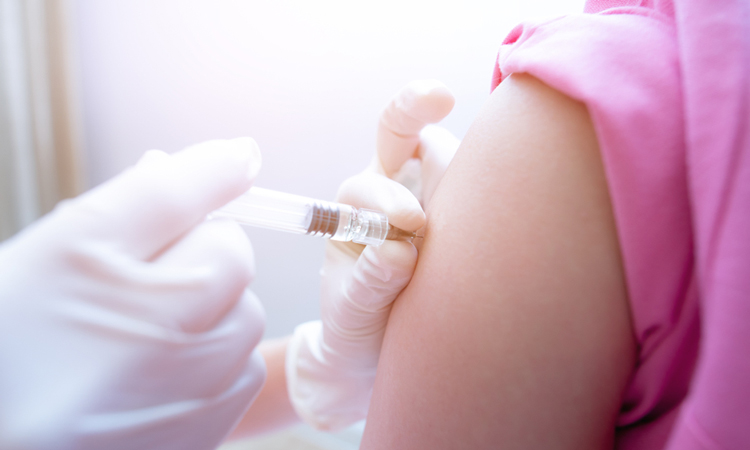Researchers find one dose of HPV vaccine as effective as other regimens
Posted: 13 February 2020 | Victoria Rees (European Pharmaceutical Review) | No comments yet
A study investigating the effectiveness of HPV vaccines has revealed that a single dose is as successful at preventing cervical cancer as multiple doses.


New research indicates that a single dose of the human papillomavirus (HPV) vaccine is as effective as multiple doses for preventing pre-invasive cervical disease, which can later develop into cervical cancer.
To prevent HPV infection, the US Centers for Disease Control and Prevention (CDC), part of the Department of Health and Human Services, recommends that adolescents of both sexes under the age of 15 years receive a two-dose schedule of the HPV vaccine. To determine the effectiveness of other dose schedules, Dr Ana Rodriguez, of the University of Texas Medical Branch at Galveston, and her colleagues examined information on females aged nine to 26 years who were unvaccinated or who received one or more HPV vaccine doses between January 2006 and June 2015.
The analysis included 133,082 females (66,541 vaccinated and 66,541 unvaccinated). For females ages 15 to 19 years, those who received one, two or three doses of the HPV vaccine had lower rates of pre-invasive cervical disease than adolescents who were unvaccinated. Within five years, 2.65 percent of unvaccinated teens aged 15 to 19 years developed pre-invasive cervical disease, compared with 1.62 percent, 1.99 percent and 1.86 percent in the one-, two- and three-dose groups, respectively. The risk of pre-invasive cervical disease was 36 percent, 28 percent and 34 percent lower for adolescents who received one, two and three doses respectively, compared with adolescents who were unvaccinated.
For the youngest (less than 15 years old) and oldest age groups (20 years and older), the investigators did not find significant differences among the vaccinated groups in terms of risk for pre-invasive cervical disease.
“This study shows the impact of vaccinating at younger ages and its lasting long-term protection against cervical cancer,” said Dr Rodriguez. “It is important to educate parents about the need to vaccinate their children.”
An accompanying editorial discusses the public health implications of the study’s findings. “If one dose of HPV vaccine was sufficient for effective protection, HPV vaccine implementation and scale-up would require less logistics… available doses could extend further and the overall cost would be lower,” the authors write.
The findings were published in Cancer.
Related topics
Clinical Development, Dosage, Drug Development, QA/QC, Research & Development (R&D)
Related organisations
University of Texas Medical Branch at Galveston, US Centers for Disease Control and Prevention, US Department of Health and Human Services









